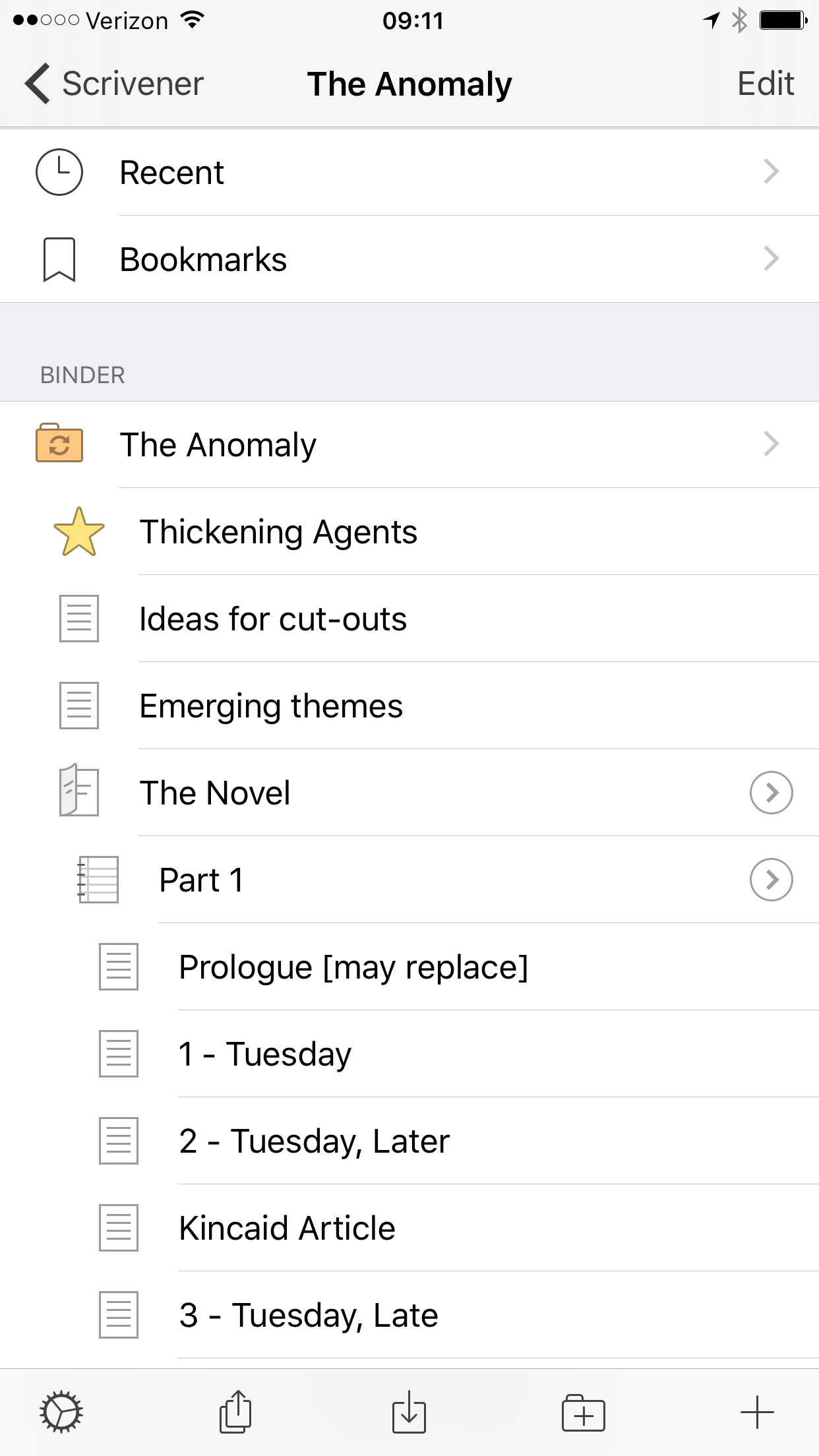You can start work immediately. Later you’ll realise how powerful it really is.
With the launch of Scrivener for iOS just around the corner, we thought you might like an insight into the world of some of our beta testers, all of who use Scrivener in different ways and have various stories to tell.
Amongst them is suspense novelist Michael Marshall (who also writes as his horror and science fiction alter ego Michael Marshall Smith). His first novel, ‘Only Forward’, won both the August Derleth Award for Best Novel and the Philip K. Dick Award. Other accolades include the International Horror Guild Award, and the British Fantasy Award for best short story - which he has won more than any other author in history. On the screen, his book ‘The Intruders’ became the drama series ‘Intruders’ starring John Simm and Mira Sorvino, while ‘Unbelief’, a film based on his short story, has won 9 awards and 21 nominations to date.




0 Comments
Please sign in or register to comment on this post.
Register
Sign in
Forgotten password